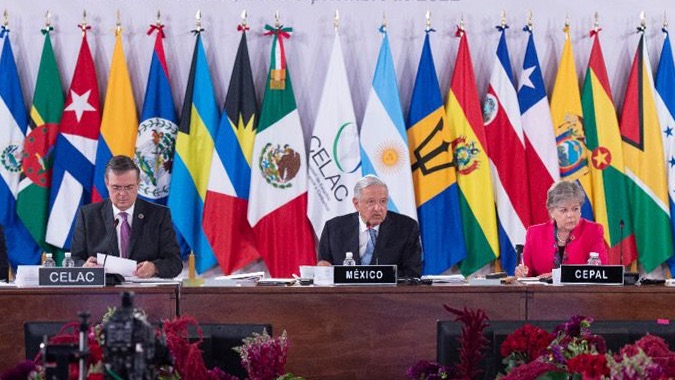Mental Health Support Networks: Overcoming Barriers in the Americas
The rising awareness of mental health disorders' impact on individuals and communities underscores its significance as a critical issue in North and South America. This article delves into the challenges hindering effective mental health support networks across the Americas, offering practical strategies for positive change.
Navigating the Complexities of Mental Health Support
Several interconnected obstacles impede the progress of accessible and comprehensive mental healthcare. A significant hurdle is the pervasive lack of awareness regarding mental health's importance and the resources available. This lack of knowledge often leads to delayed or forgone help-seeking. Further compounding this problem is the pervasive stigma and discrimination associated with mental illness. This stigma isolates individuals, preventing them from seeking necessary support and exacerbating their mental health challenges.
The inadequacy of resources and funding significantly limits the establishment and maintenance of robust support networks. Limited access to qualified professionals and appropriate treatment options creates substantial barriers to care. The shortage of adequately trained and educated mental health professionals further exacerbates this issue, highlighting a critical need for comprehensive and updated professional development programs tailored to diverse mental health needs.
Building a Path Towards Better Mental Healthcare
Addressing these challenges requires a multi-pronged approach focusing on proactive and collaborative strategies. Raising awareness through comprehensive public health campaigns and community engagement initiatives is paramount. These efforts should focus on educating individuals about mental health, available resources, and the importance of prioritizing mental well-being.
Simultaneously, a concerted effort to combat stigma is crucial. Open and honest conversations about mental health, actively challenging harmful stereotypes, and creating safe spaces for dialogue are essential steps towards fostering a more accepting and supportive environment. This includes advocating for policies that protect individuals from discrimination based on their mental health status.
Strengthening resources necessitates advocating for increased and sustained funding for mental health initiatives. This funding should support the expansion of accessible and affordable services, including therapy, medication management, and crisis intervention, particularly in underserved communities. Investing in the training and education of mental health professionals is equally vital. Comprehensive training programs must equip professionals with the necessary skills and knowledge to effectively address the diverse range of mental health concerns prevalent across different demographics and cultural backgrounds.
Fostering Collaboration and Inclusivity
Effective mental health support requires a unified approach. Collaboration among stakeholders – governments, non-governmental organizations (NGOs), healthcare providers, community leaders, and individuals – is essential. Pooling resources, sharing best practices, and coordinating efforts will maximize impact and ensure efficiency. This collaboration should emphasize cultural sensitivity, recognizing and respecting the diverse cultural backgrounds within the Americas. Providing culturally competent care ensures that support services are relevant and accessible to all individuals, regardless of their ethnic, linguistic, or socioeconomic background.
Peer support networks, both online and in-person, play a vital role in creating communities of understanding and mutual support. These networks offer individuals a safe space to share their experiences, reduce feelings of isolation, and learn from others facing similar challenges. Engaging young people as advocates and allies is crucial for creating lasting change. Empowering youth to promote mental health awareness and advocate for policy changes will cultivate a more supportive society for future generations. Finally, leveraging technology to enhance access to mental healthcare, particularly in remote or underserved areas, is vital. Telehealth platforms and mobile applications can expand reach and overcome geographical barriers to care.
A Collective Commitment to Mental Well-being
Ultimately, overcoming the challenges in mental health support across the Americas demands a collective commitment from individuals, communities, and institutions. By prioritizing awareness, combating stigma, strengthening resources, and fostering collaboration, we can create societies that genuinely prioritize mental well-being. Active participation in community initiatives and the development of relevant skills are crucial for creating truly supportive and inclusive communities that place mental health at the forefront.






No comments yet. Be the first to share your thoughts!